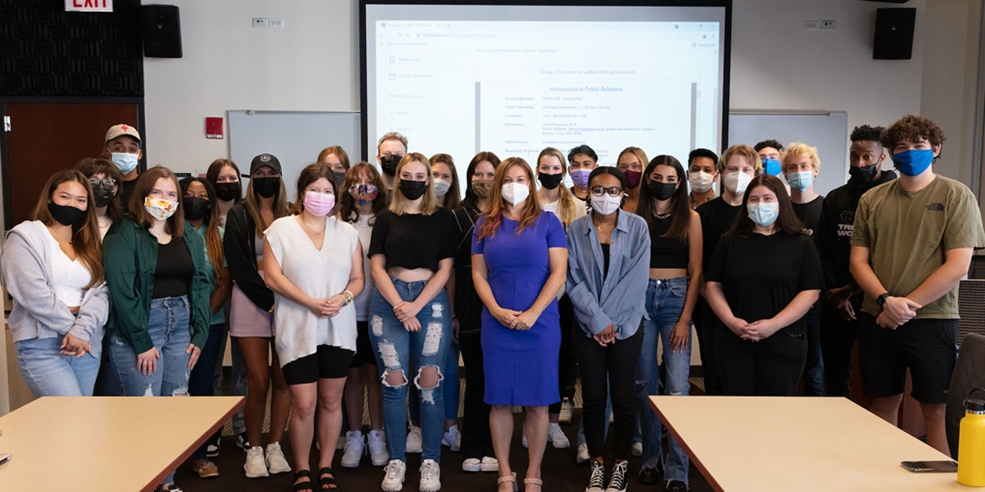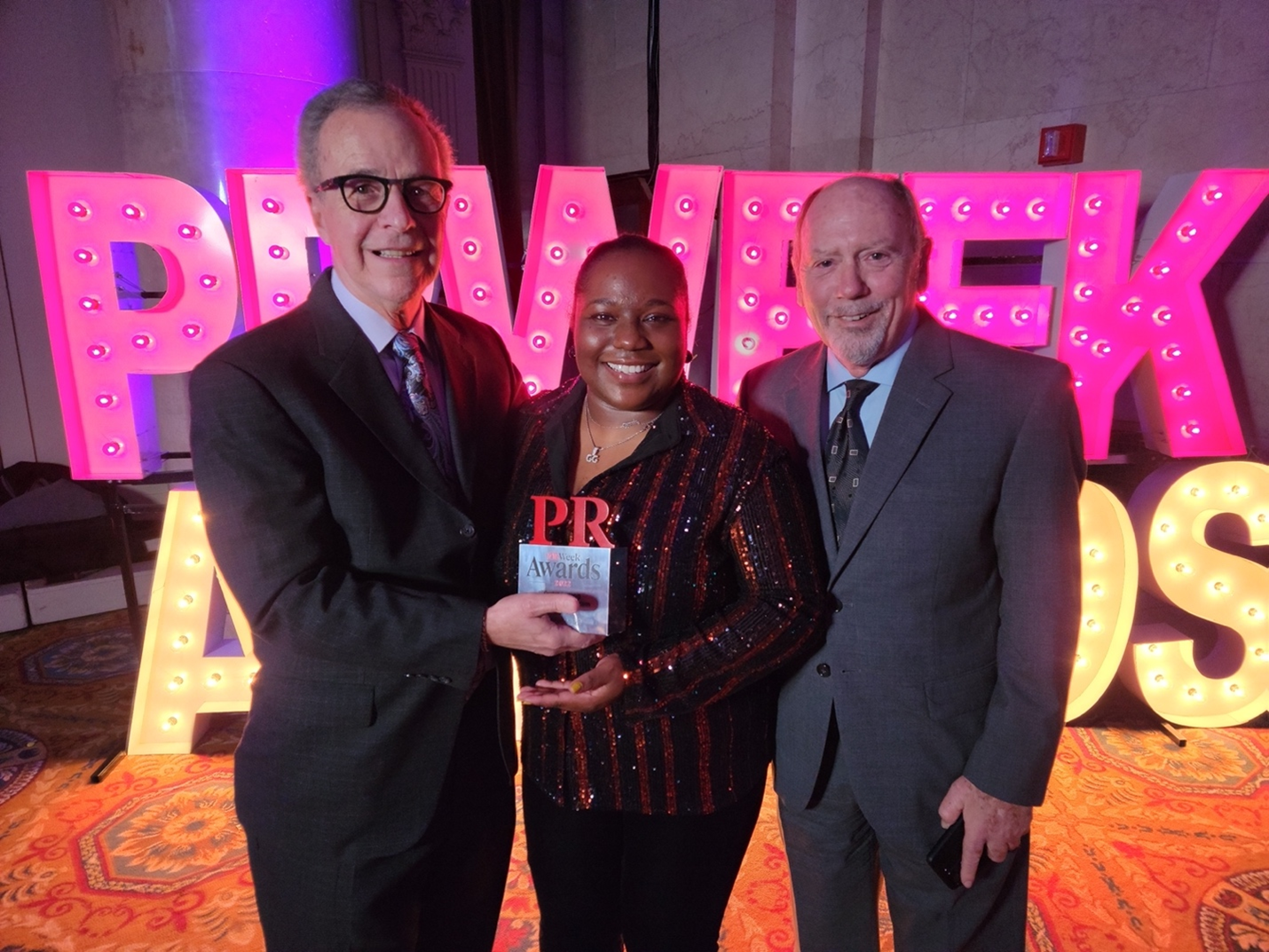A No-Brainer for PRAD Students: DePaul's Combined Degree Program
Five years. Two degrees. Unmatchable value.
Originally published in The PRess
Coming into DePaul during the pandemic, I worried that I would never experience a normal college vibe. Covid had already ruined my last year of high school; the threat of it ruining my college career was possible, too. Luckily though, I found a way to extend my time on campus and nurture my love for education through the Combined Degree Program.
My Background
Back in 2020, I found myself in a precarious position. I earned tons of transferable credits while still in high school – nearly two years’ worth – from my local community college. This meant that my undergraduate journey was already cut in half. Make one of those years fully remote and my time as a student seemed to be fleeting. This panicked a lover of learning like me.
To make matters worse, I had no idea what career path I wanted to pursue in the communications field. Toward the end of my first remote year, I started to freak out. Imposter syndrome and self-doubt soon followed.
I admit: this is a first-world problem to have. Most students don’t spend their high school careers buried in college courses… Nevertheless, there are some universal truths found in my unique story that can be applied to all College of Communication students (and those from other colleges too) seeking a bit more out of their time at DePaul.
The Program
DePaul’s Combined Degree Program gives undergraduate students the opportunity to get a jump start on their graduate degrees while still completing their bachelor’s. In most cases, completing the master’s takes only one extra year of study. This essentially makes the program a 5+1 BA/MA track.
My undergraduate PRAD 255 course poses during Fall Quarter 2021 (Source: DePaul Newsline, Randall Spriggs)
The Benefits
There are several benefits to utilizing this program.
1. Another degree – duh
Benefit number one is obvious: With the program, you get a master’s degree in only one-year post-undergrad. You can’t beat the fast-tracked program.
2. An edge in the job search
“Oh wow, that’s impressive” – What I hear when I tell interviewers and colleagues that I’m 20 years old and about to be a grad student. The same can be said for anyone in a similar age bracket. Professionals are impressed by your willingness to learn and the increased expertise that comes from studying at the graduate level – especially if age or extenuating circumstances can be juxtaposed.
3. That pay raise, though
That extra year of school won’t go unnoticed when payday rolls around. Communications and media graduates earn nearly 50% more with a master’s than their bachelor’s-level counterparts, according to the National Association of Colleges and Employers. It’s simple – you have more schooling and expertise, you’re worth more to employers.
4. The detailed education
On top of the benefits above, you learn a lot. Unlike undergraduate classes that are often geared toward giving you entry-level awareness of concepts, graduate classes dig deeper and encourage true growth and understanding.
On top of education, your network grows tremendously. Most students in graduate classes are working professionals, heading directly from the office to school. This might lead to imposter syndrome initially, but you eventually learn to imitate and grow from the excellence that surrounds you.
In fact, my internship application at Edelman was given a good word by a current Edelman employee that sat across from me in my PR grad class. Never underestimate the power of connections in the world of communications.
2022 PRAD MA graduates celebrate their achievements during the annual portfolio showcase event in June. (Source: Twitter, @DePaulPRAD)
The Financials
Here’s the million-dollar question: How much does it cost? (Don’t worry, it’s not $1 million.)
Actually, completing the extra year is not that much more costly than undergrad. Obviously, all schooling is expensive, but the program does reward your commitment to DePaul. Each Combined Degree student automatically earns a Double Demon discount – a 25% tuition scholarship that applies to your classes.
In addition to the Double Demon discount, graduate students can work full-time alongside their classes – because most grad classes are held in the evening – and apply for graduate assistantships that provide stipends and tuition scholarships.
As with all aspects of education financials, things can be confusing. I encourage you to contact DePaul Central to learn more about the finances and assistance available for Double Demon students.
DePaul's PRAD Program is nationally recognized by PRWeek and PRNEWS as a stellar program in the field. (Source: DePaul Newsline, Ron Culp)
Next Steps
If I’ve captivated your interest and you want to learn more about Combined Degree Program, the program website is a great place to start.
The College of Communication has many offerings for combined-degree program routes – mine combines a BA in Communications and Media with an MA in Public Relations and Advertising, but most all degrees can be combined via the program. Browse through programs’ websites to learn more about their specific curricula. Here is the PRAD graduate program site.
I also encourage you to inquire about the program with your academic advisors, professors, classmates, PRSSA members and Career Center advisors. DePaul’s network is here to support your endeavors!
—
Konner Gross is an undergraduate senior in the College of Communication Combined Degree Program and the 2022-23 DePaul PRSSA Vice President of Creative.



